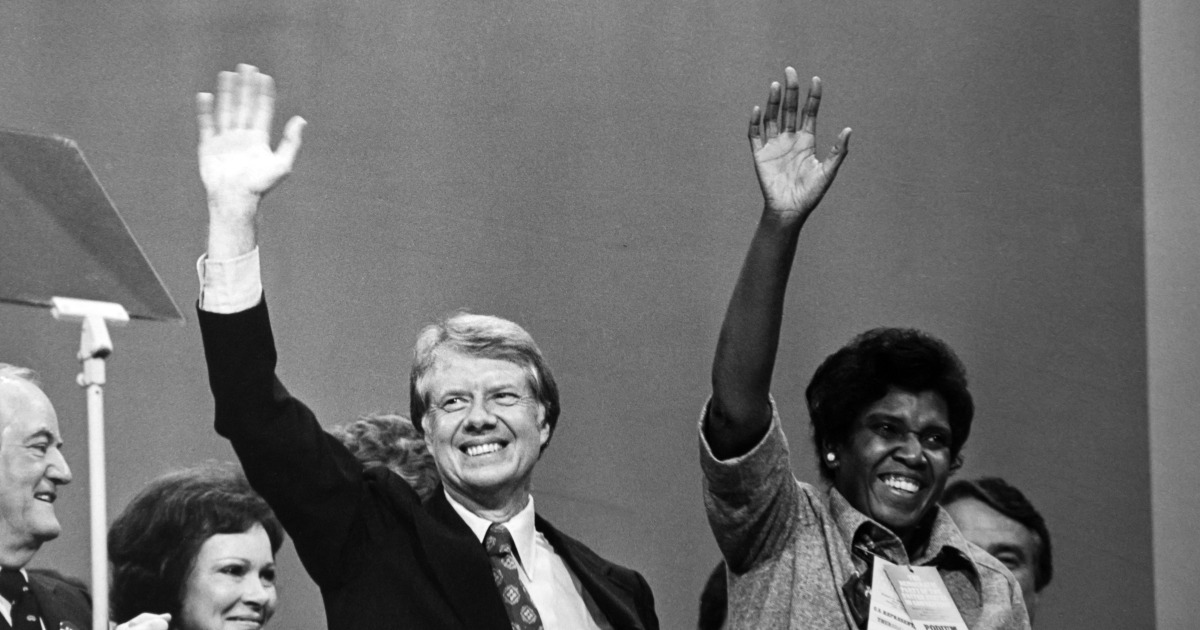Former President Jimmy Carter, who passed away recently, is being remembered for his significant role in advancing women, particularly Black women, into positions of power during his presidency. His administration, coinciding with a pivotal era of gender activism, saw a surge of women appointed to key government roles.
Alexis M. Herman, who would later serve as the first Black labor secretary, recalls her early encounter with then-Governor Carter. This initial meeting led to Herman's appointment as director of the Women’s Bureau, a position she used to advocate for pivotal policy changes impacting women’s rights. Her appointment was one of many, as Carter made strides in appointing Black women to his administration.
Carter's early appreciation for women was evident even before his presidency. He supported initiatives, such as Herman's minority women's employment program in Atlanta. This commitment translated into policy, as his administration made great strides in the areas of equal pay, child care, maternity leave, and sexual harassment protections.
Beyond Herman, other notable appointments during the Carter administration include Patricia Roberts Harris, the first Black woman to serve as a White House Cabinet secretary. Additionally, Hazel R. O'Leary and Eleanor Holmes Norton were among the trailblazers named to top posts, further solidifying Carter's dedication to inclusivity.
Carter's impact extended beyond governmental appointments. He actively engaged with influential Black congresswomen like Shirley Chisholm and Barbara Jordan. While sometimes facing criticism from the Congressional Black Caucus, he made continuous efforts to communicate with diverse perspectives.
The Carter Center, co-founded by his wife Rosalynn, continues to champion women's rights globally, a legacy reflective of the former president’s unwavering commitment. His dedication to women's equality, both during and after his presidency, underscores a powerful commitment to human rights, democracy and the empowerment of women.
Furthermore, his work through the Carter Center has focused on areas such as women’s leadership in peacebuilding and fighting sexual exploitation. His work has further cemented his legacy as a leader who not only recognized the value of diversity and equality, but actively worked to ensure it was a reality.







